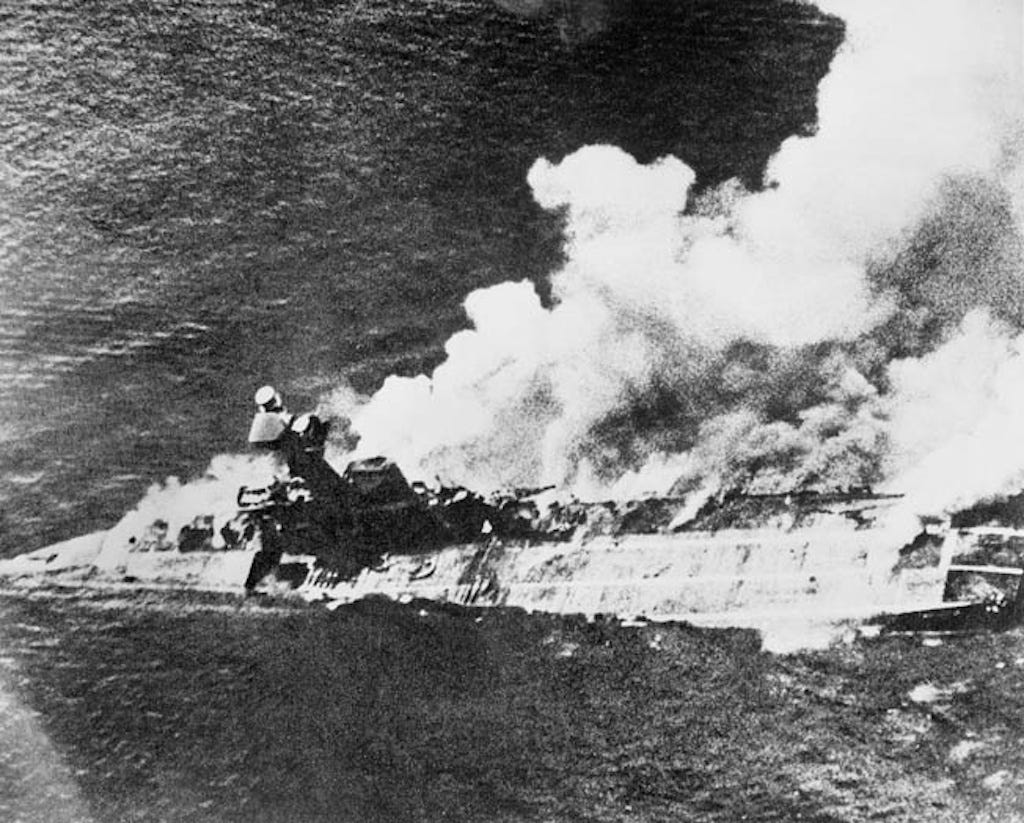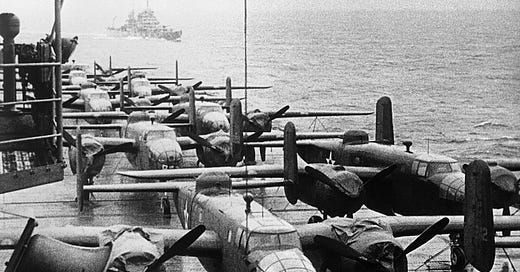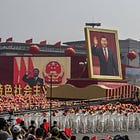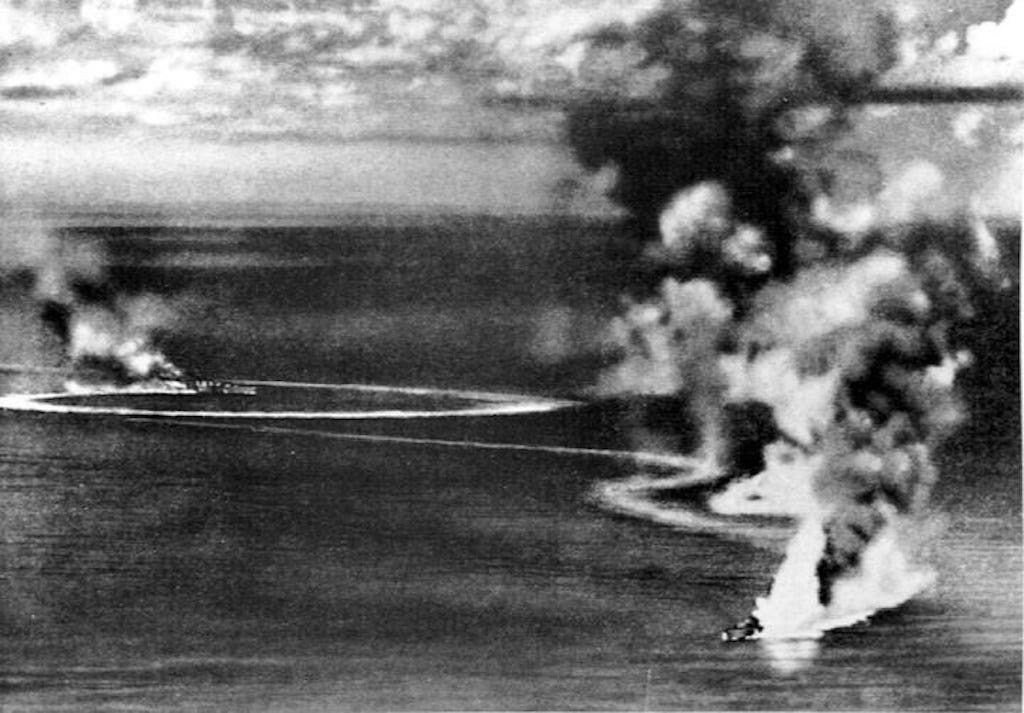How World War II Might Have Been Lost But For the Doolittle Raid
The Indian Ocean and Suez were wide open to Japan. India, the British position at El Alamein and the entire Middle East were on the brink of being lost. Until Jimmy Doolittle changed everything.
Don’t miss our Deep Dive “The Illusion of Chinese Strength: Power, Paranoia, and the Temptation of War”. It’s one of the most important things we’ve ever published.
by Pete Feigal
April 18, 2025
On this 83rd anniversary of the Doolittle Raid, it is well worth considering how dramatically different things might have been but for a courageous attack some saw as an ineffectual publicity stunt.
In this context, few ever mention the incredible Japanese victory in April 1942 in the Indian Ocean and the potential nightmare an extended attack could have caused there. Things in ’42 could have been much worse for the Allies if Japan had chosen not to attack Midway but Ceylon, British East Africa, Madagascar, even the Suez Canal.
The Doolittle Raid was a brilliant piece of strategy, thought up, planned and executed in record time. (“Aqaba..from the land!”-Lawrence.) It was a plan of genius, of military propaganda, even theatre, and was as crucial an event as anything in the entire war. Indeed, it started a chain-reaction that eventually led to Hiroshima.
After the tremendous victories of Dec ’41, Jan-Feb ‘42, much of the incredibly powerful Japanese fleet twiddled its thumbs at anchor near Hiroshima. Not until the last weeks in March was Admiral Nagumo, victor of Pearl Harbor, given a real mission. He and his fast carriers had zoomed around in minor carrier strikes, “smashing eggshells with a sledgehammer,” as Mitsuo Fuchida wrote. Precious time was ticking away for the Japanese, who needed to make a strategic design fast: East against the Americans, or West against the British in the Indian Ocean and on to the Suez Canal.
Finally In late March Nagumo was ordered to sail west around Singapore and hit British forces, sea and air, in the Indian Ocean. The orders read “To support the Japanese Army’s advance into Burma.”
It was a huge victory. On 5 April 1942, Nagumo’s Kidō Butai dive-bombers sank an aircraft carrier, HMS Hermes, two heavy cruisers, HMS Cornwall and HMS Dorsetshire, a destroyer, and a corvette in an Easter Sunday Raid.

The Japanese totally destroyed two British bases in Ceylon, and 93,000 tons of merchant shipping. The Zeroes wrought such chaos among the defending Hurricanes, Swordfish, and Spitfires that Churchill in his memoirs confessed the RAF was never so totally outfought over Europe.

British aircraft losses were heavy. The surviving British battleships and rest of the surviving Indian Ocean fleet fled in confusion and panic to British East Africa. British Naval seapower, after 200 years of hegemony, disappeared entirely from the Indian Ocean. The Indian Ocean was, for all practical purposes, a Japanese lake. Western historians rarely give this the gravity it deserves…except for Winston Churchill, who quite honestly wrote of his own complete shock and fear at the time.







